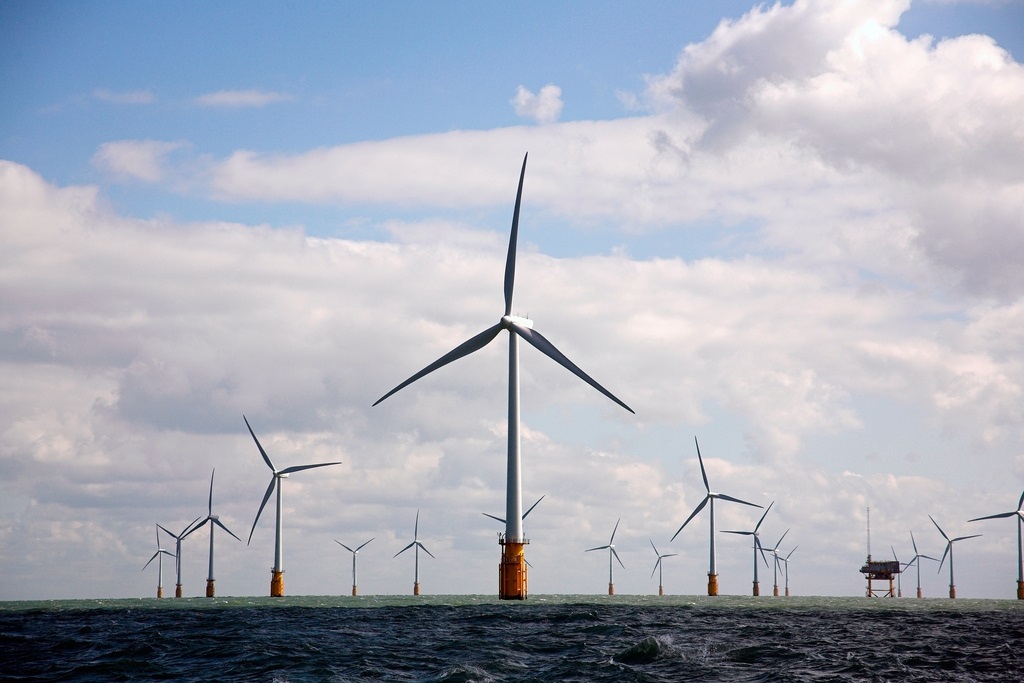The Peninsula
Growth and Climate Change Mitigation At Odds

What Happened
- Climate change activists criticized plans to develop a new airport in the Busan region.
- Both the ruling and opposition parties have lauded the airport project as a potential harbinger for further local development as it will connect the city of Busan and its surrounding area to Southeast Asia.
- Activists in Jeju Island also worry that the construction of a new local airport might contribute to stronger storms and other weather anomalies.
Implications: Despite the South Korean government’s commitment to push toward carbon neutrality, this goal may be sidelined when policymakers consider projects that promise to accelerate economic growth. Most notably, leaders of both the ruling and opposition parties are backing plans to build a new airport near the city of Busan. With the project promising to deliver growth and investment to South Korea’s second-largest city, it fulfills the government’s secondary objectives such as the development of economic zones outside Seoul. Moreover, both parties look to curry the local electorate ahead of the city’s mayoral election and the 2022 presidential election. In this environment, calls from activists to critically examine the project’s carbon footprint appear to have fallen wayside.
Context: Coal still accounts for 28% of Korea’s primary energy supply, which is approximately double the OECD average. The government plans to reduce coal’s energy contribution to 15% by shutting down 30 coal-fueled power plants by 2035. However, this falls short of recommendations from the 34-nation Powering Past Coal Alliance, which calls for OECD countries to completely phase-out of coal by 2030. Korea hopes to increase its share of energy generation from renewable sources to 35-40% by 2040. KEI non-resident fellow Randall Jones believes that South Korea could accelerate the transition by following the model of the United Kingdom, which lowered its coal reliance from 40% in 2012 to almost zero today.
This briefing comes from Korea View, a weekly newsletter published by the Korea Economic Institute. Korea View aims to cover developments that reveal trends on the Korean Peninsula but receive little attention in the United States. If you would like to sign up, please find the online form here.
Korea View was edited by Yong Kwon with the help of Melissa Cho and Alexandra Langford. Photo from Vattenfall Nederland’s photostream on flickr Creative Commons.
